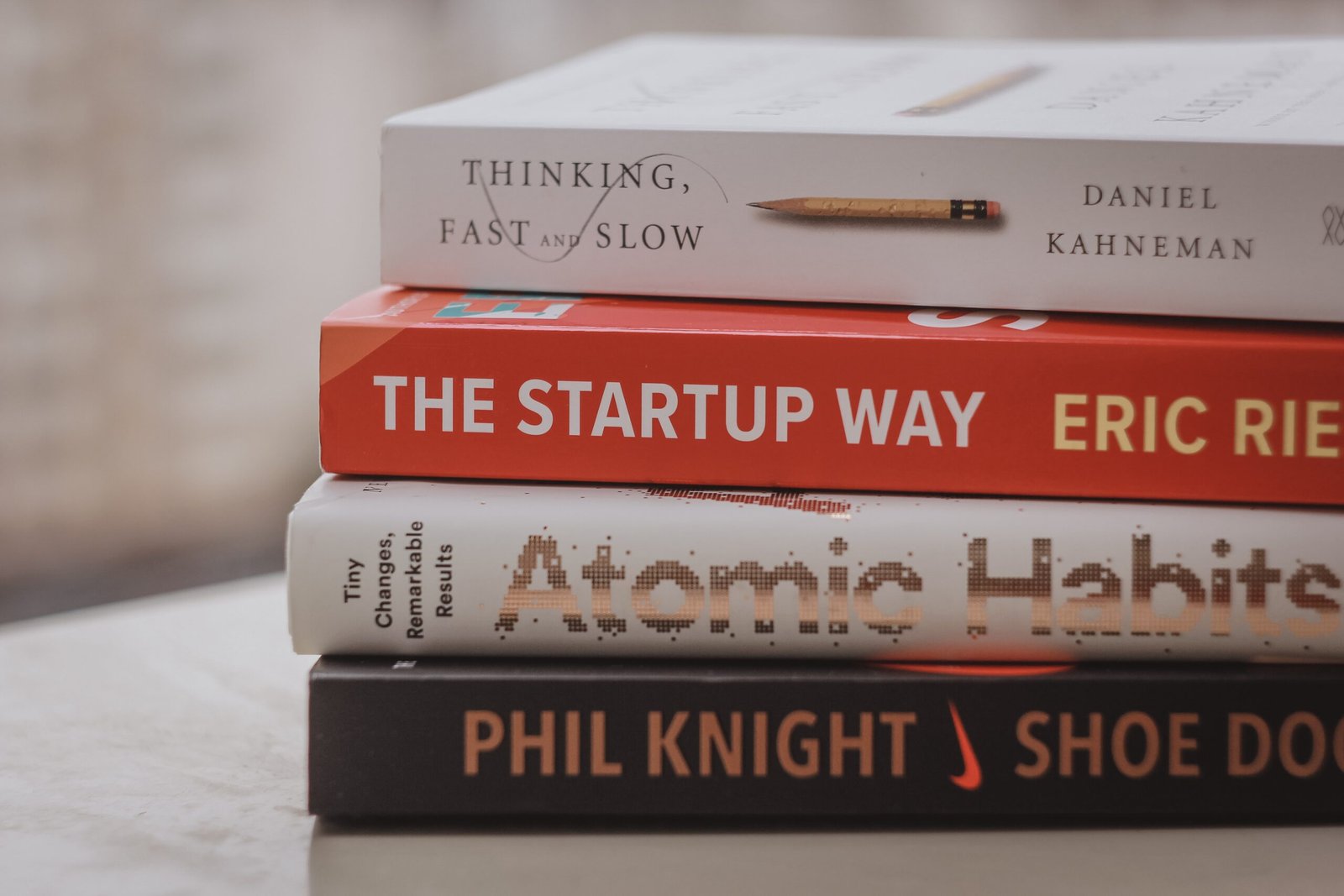As the new year approaches, many of us find ourselves reflecting on the past and setting goals for the future. It’s the perfect time to embark on a journey of self-improvement and personal growth. In this article, we will explore some of the best self-improvement plans to help you make the most of the coming year.
1. Prioritize Your Health and Fitness
One of the most common resolutions people make is to improve their health and fitness. Start by setting realistic goals and creating a plan that includes regular exercise and a balanced diet. Consider joining a gym, hiring a personal trainer, or finding a workout buddy to keep you motivated. Remember to listen to your body and make adjustments as needed.
Additionally, focus on getting enough sleep, managing stress levels, and practicing self-care. Prioritizing your physical and mental well-being will have a positive impact on all areas of your life.
Remember, small changes can lead to big results, so start with small steps and gradually increase your efforts over time.
Finally, don’t forget to celebrate your achievements along the way. Rewarding yourself for reaching milestones will help keep you motivated and on track.
2. Develop a Growth Mindset
A growth mindset is the belief that our abilities and intelligence can be developed through dedication and hard work. By cultivating a growth mindset, you can overcome challenges, learn from failures, and continuously improve.
Start by challenging your own beliefs and reframing negative thoughts. Embrace the idea that failure is an opportunity for growth and that setbacks are temporary. Surround yourself with positive and supportive people who encourage your personal development.
Additionally, seek out new experiences and challenges that push you out of your comfort zone. This could include learning a new skill, taking up a hobby, or pursuing further education. Embrace the process of learning and be open to feedback and constructive criticism.
Remember, developing a growth mindset is a lifelong journey, so be patient with yourself and stay committed to your personal growth.
3. Cultivate Healthy Relationships
Our relationships play a crucial role in our overall well-being and happiness. Take the time to evaluate your current relationships and identify any toxic or unhealthy dynamics. Surround yourself with people who support and uplift you.
Communicate openly and honestly with your loved ones, and make an effort to strengthen your connections. Practice active listening and empathy, and be willing to compromise and resolve conflicts in a healthy manner.
Additionally, consider expanding your social circle and meeting new people who share your interests and values. Join clubs, organizations, or online communities that align with your passions.
Remember, healthy relationships require effort and commitment from both parties, so be willing to invest time and energy into building and maintaining meaningful connections.
4. Focus on Personal Finance
Improving your financial situation can provide a sense of security and freedom. Start by creating a budget and tracking your expenses. Identify areas where you can cut back and save money.
Consider seeking the help of a financial advisor or taking courses on personal finance to improve your knowledge and skills in managing money. Set clear financial goals, such as paying off debt, saving for retirement, or starting an emergency fund.
Remember, financial success is a long-term endeavor, so be patient and consistent in your efforts. Celebrate small victories along the way and stay committed to your financial goals.
5. Explore Mindfulness and Meditation
Mindfulness and meditation practices can help reduce stress, improve focus, and enhance overall well-being. Start by incorporating short meditation sessions into your daily routine. Consider using guided meditation apps or attending meditation classes.
Practice mindfulness by being fully present in the moment and paying attention to your thoughts, feelings, and sensations without judgment. Engage in activities that promote relaxation and self-reflection, such as yoga or journaling.
Remember, mindfulness is a skill that takes time to develop, so be patient with yourself and make it a regular part of your self-improvement plan.
Conclusion
Embarking on a self-improvement journey is an exciting and rewarding endeavor. By prioritizing your health, developing a growth mindset, cultivating healthy relationships, focusing on personal finance, and exploring mindfulness and meditation, you can make significant strides in becoming the best version of yourself.
Remember, self-improvement is a lifelong process, so be kind to yourself, stay committed to your goals, and celebrate your progress along the way. Here’s to a year filled with personal growth and self-discovery!
